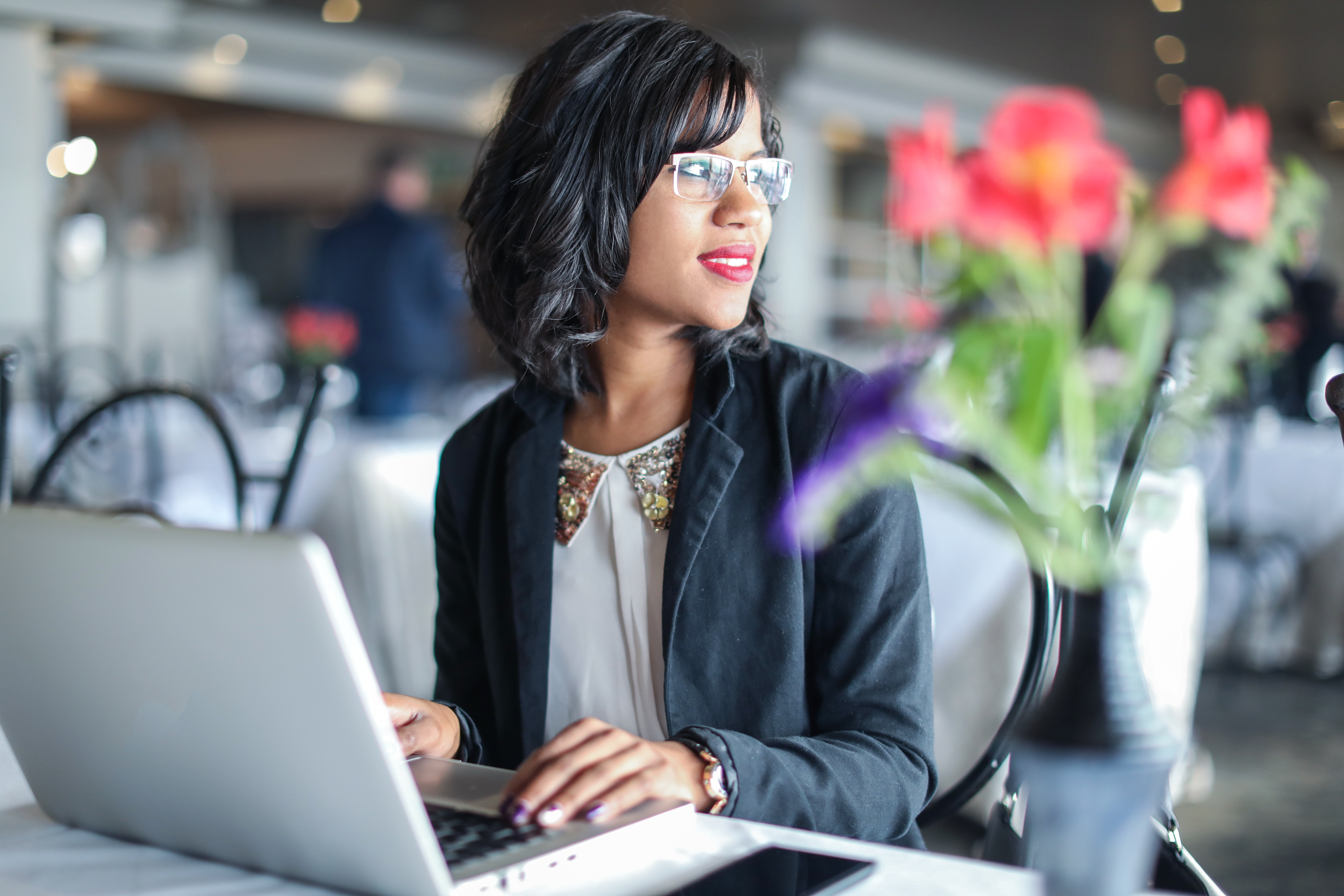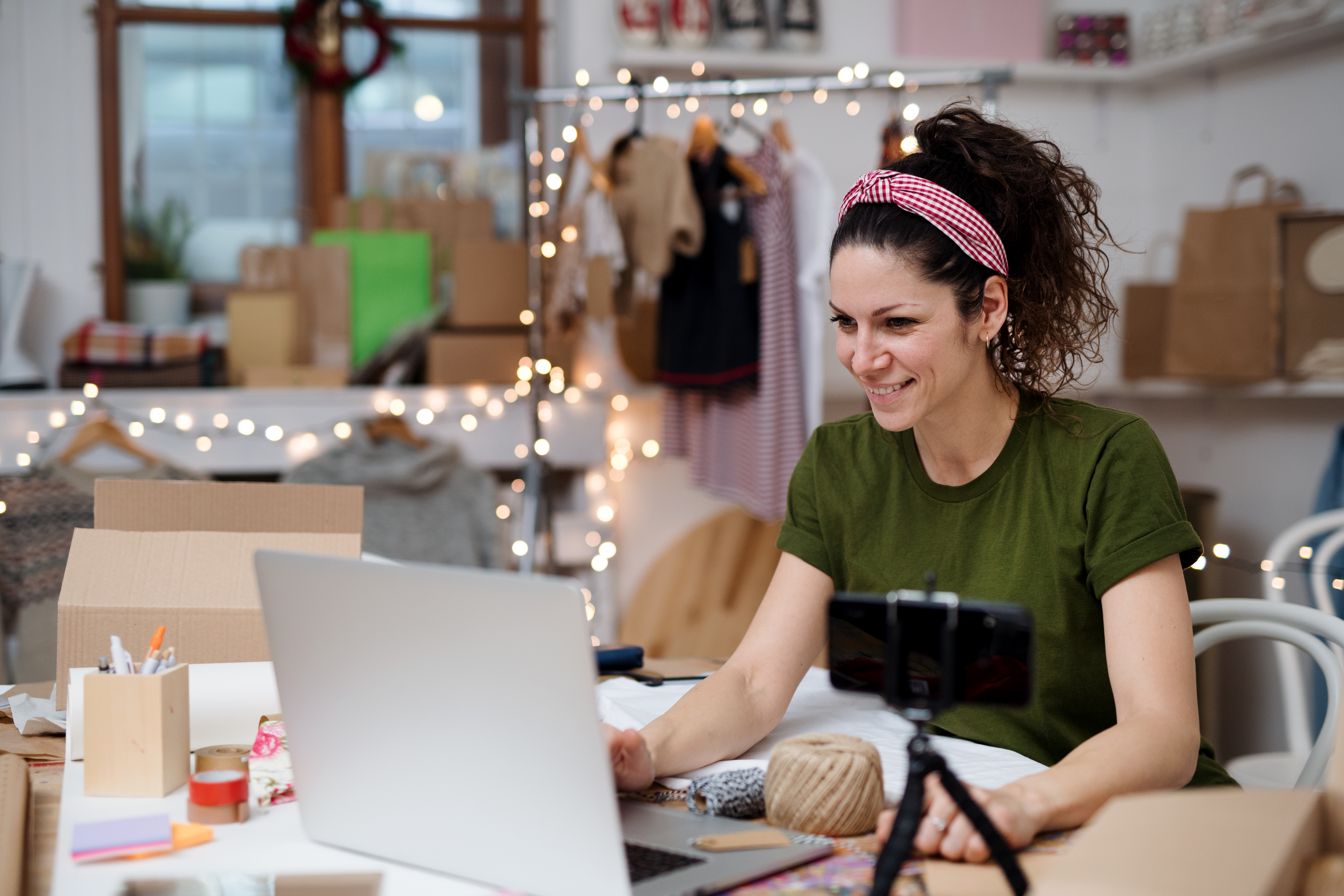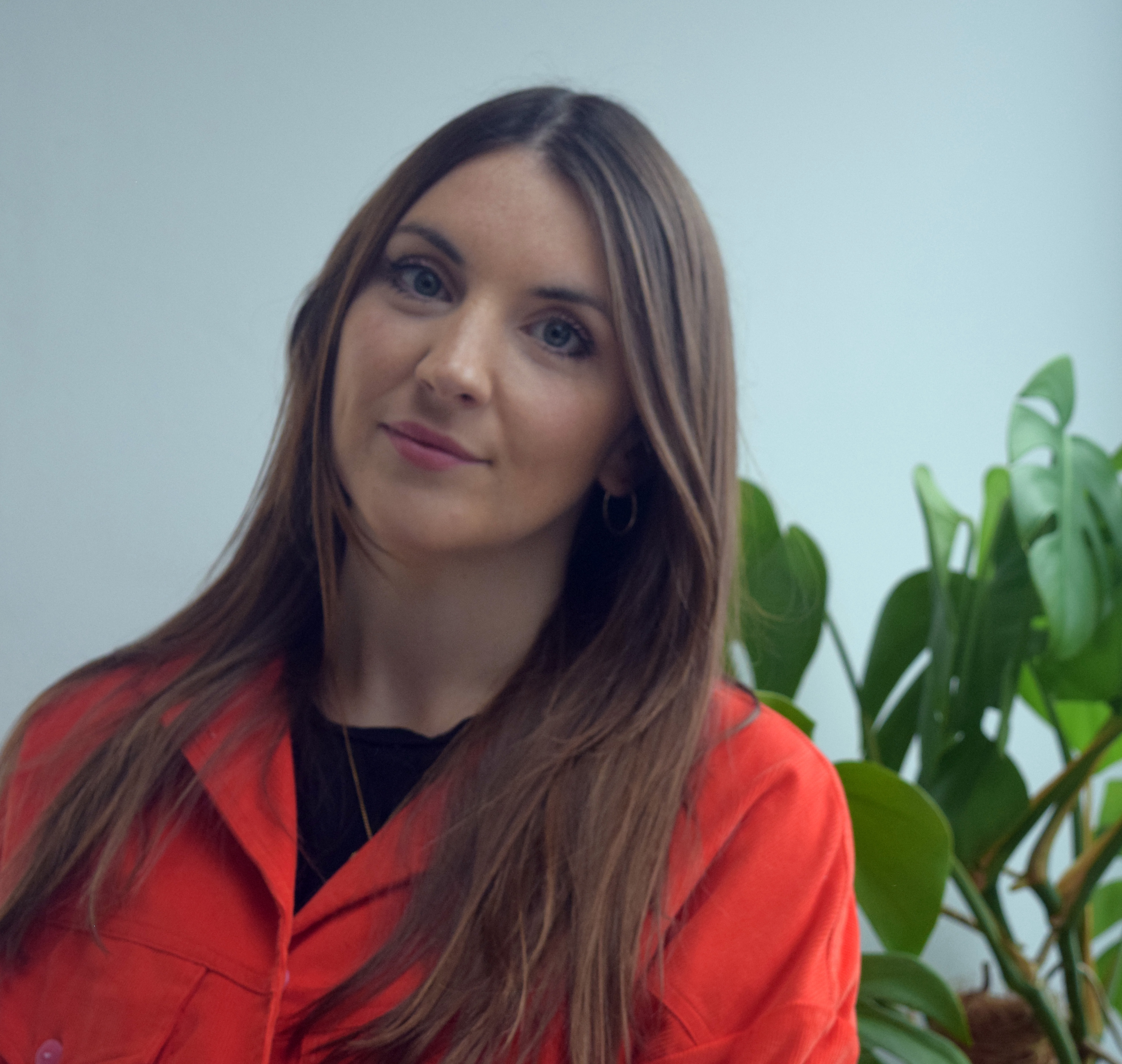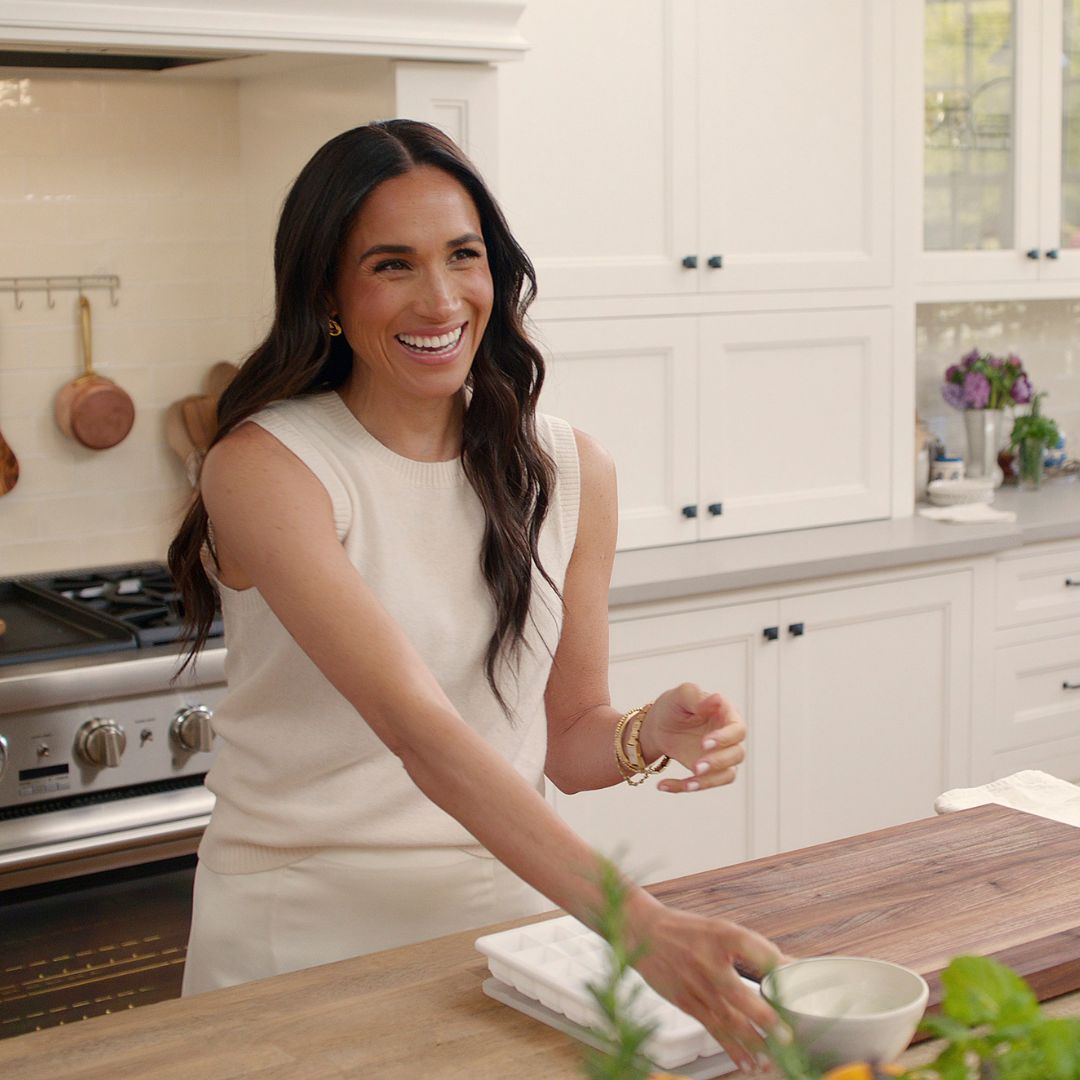From being “too emotional” to “bossy”: the stereotypes women still face at work
Women still face discrimination at work, and are being put off starting their own businesses by fear of failure and a lack of confidence. In partnership with beauty pioneer Avon, we explore how women can overcome the barriers to running businesses of their own

Women still face discrimination at work, and are being put off starting their own businesses by fear of failure and a lack of confidence. In partnership with beauty pioneer Avon, we explore how women can overcome the barriers to running businesses of their own
For centuries, women’s pain and mental health concerns were readily diagnosed as “female hysteria”, with “symptoms” including emotional outbursts, irritability or nervousness. While we’ve thankfully made some progress since then, women are still judged for being too emotional. In fact, a new study by beauty pioneer Avon reveals that women feel they are still typecast as “too emotional” when it comes to business.
The UK study revealed that being “too emotional” is the top stereotype female business owners feel they face (39%). This was followed by “too bossy” (35%) and “weak” (26%).
Of course, these sexist stereotypes in no way reflect the truth. There’s plenty of evidence to show that women make brilliant business leaders precisely because of their emotional intelligence, helping them to even outstrip their male counterparts.

In a study by Harvard Business Review (HBR), women outscored men on 17 of the 19 capabilities that differentiate excellent leaders from average or poor ones. The capabilities, among others, included resilience, communicating powerfully and prolifically, building relationships and practising self-development — all qualities that rely on a high degree of emotional intelligence.
A number of other studies have suggested that women are actually more resilient than men, especially in times of crisis. And yet women are drastically underrepresented in business: in the UK, only one in three entrepreneurs is female and globally, just 4.9% of Fortune 500 CEOs are women. So what is stopping more women from running their own businesses?
Avon, which has been empowering women to be financially independent for over 135 years, discovered that fear of failure and a lack of confidence are the biggest obstacles for women in starting their own businesses. Nearly half of the women in the survey (42%) agree there is less room for them to fail in the business world in comparison to men. Similarly, two in five (41%) feel that as a woman they are more likely to have their confidence knocked by failure in the workplace than men.

But it’s important to remember that failure can be a stepping stone to success. We can only make progress by putting ourselves out of our comfort zones and risking failure. When something inevitably goes wrong, we can learn from that experience and use that insight to do better next time. For example, Avon’s research also reveals that half (50%) of women believe failing is a crucial part of success, with half (50%) agreeing it humanises leaders, making them more relatable.
One way of challenging this fear is to cultivate a ‘growth mindset’. This is the belief that we can develop and grow our talents and skills over time, whether that’s through hard work, good strategies or with help from others. A ‘fixed’ mindset on the other hand, is when we are rigid in our ideas about ourselves, such as that we’re ‘not good enough’.
Of course, the barriers different women face to starting their own businesses are wide ranging. That’s why Avon is currently supporting 5 million women all over the world to run beauty businesses, and is only just getting started.
With shopping habits and technology evolving, its independent Representatives can now take their beauty businesses online, using tools like the Avon OnApp and Avon Connect training platform to build an online community of customers and build relationships with like-minded entrepreneurs. The flexibility of setting up and growing a beauty business in your own way, on your own terms, helps to re-address some of the barriers women still face as business owners.

Another HBR study found that women tend to underestimate how they are perceived at work. One way to counter this is to examine the use of gendered business terms. Avon found that terms such as ‘boss babe’ and ‘She-EO’ are used across the world. In the UK, more than a quarter (26%) of women feel patronised by this language, and are annoyed men don’t have the same labels (24%) which are unnecessarily gendered (22%).
Have you ever been made to feel that you’re “too emotional” at work, been called “bossy” for leading the way, or “weak” for navigating the commitments of a work/life balance? Whether we experience discrimination ourselves or see it happening to the women around us, let’s put an end to these outdated stereotypes and call them out. After all, being in touch with your emotions, or “female hysteria” if you will, is actually a business superpower.
If you're interested in running a beauty business with Avon, you can find further info on its website.
Marie Claire Newsletter
Celebrity news, beauty, fashion advice, and fascinating features, delivered straight to your inbox!



